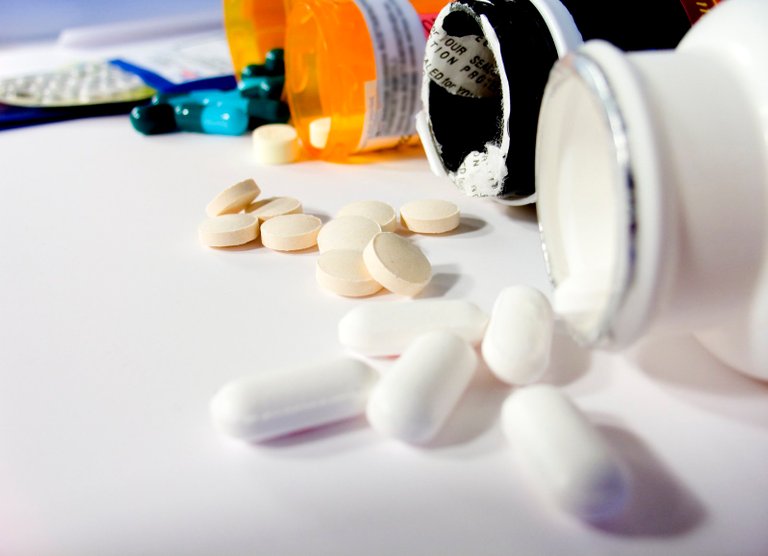By David Balat
“Middlemen" are causing a crisis in health care that's hitting everyday Americans in the wallet and preventing them from getting the care they need. They have contributed to soaring health care costs and medicine shortages.
On May 11th of this year, the President held a press conference and stated "We’re very much eliminating the middlemen. The middlemen became very, very rich. Whoever those middlemen were — and a lot of people never even figured it out — they’re rich. They won’t be so rich anymore."
Who are these “middlemen”?
Decades ago, Group Purchasing Organizations (GPOs) and Pharmacy Benefits Managers (PBMs) were introduced to streamline purchasing of drugs and medical supplies for hospitals and insurance companies, but the 1987 Medicare Anti-Kickback Safe Harbor statute exempted these middlemen from penalties for taking kickbacks (they prefer to call them rebates) from suppliers, but the patient never saw the benefit. They have a Get Out of Jail Free card for their business practices that are commonly referred to as racketeering in other industries and they have used it well.
A consortium of Physician led advocacy groups have been working tirelessly on behalf of the patients that rely on their drugs but simply can’t afford them because of the ever-increasing costs of drugs in our country. Their relentless efforts to work with legislators in a bi-partisan fashion seems to have made an impact. According to Chief Executive Officer of Pfizer, Inc. in July of 2018, “Drugmakers will likely get rid of secret discounts to middlemen that have become a focus of the U.S. drug-cost debate. We’re going to go to a marketplace where we don’t have rebates.” Kenneth Frazier, CEO of Merck, has also publicly stated, "I don't understand where we live in a world where 50% of the value goes to the supply chain,"
Although these statements from Pfizer and Merck are positive, and if they are successful in removing the middlemen without the repeal of the safe harbor, there is nothing that says these practices will not re-emerge over time in different ways. Furthermore, Pfizer’s leadership does not speak for the numerous manufacturers of medical supply and medications. In fact, the lobby efforts of the middlemen have escalated considerably year after year and significantly in the recent year in an effort to protect the Safe Harbor Provision in the Anti-Kickback Legislation.
Repeal of the Safe Harbor Provision would reduce costs of drugs and healthcare supplies by an estimated 30% and may save Medicare and Medicaid anywhere from $50 to $75 Billion annually. Healthcare costs is the primary issue in our country and it is a personal one, not a partisan one. A bipartisan effort to support physicians and patients could be realized so that medications and supplies can be made affordable. We as a community must reach out to our Representatives to support the repeal of the Safe Harbor statute.
David has been a professional healthcare executive and a former hospital CEO who specialized in finance and business development.
He received his undergraduate degree in Biology from the University of Houston, and his Masters of Business Administration and Masters of Healthcare Administration from the University of Houston – Clear Lake

David Balat can be reached through his website at DavidBalat.com